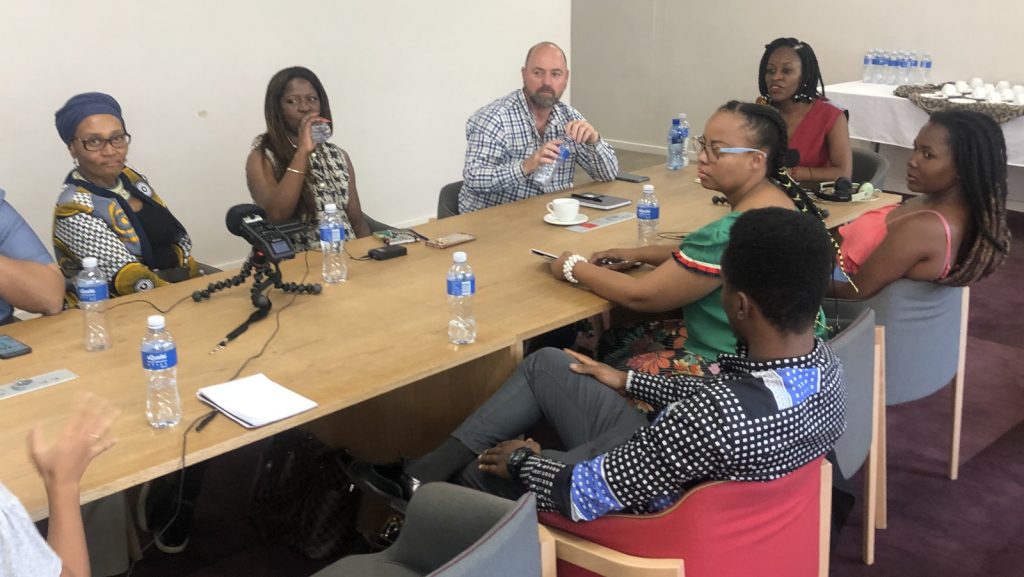Very young African entrepreneurs could be left out of business opportunities expected to be created by the Fourth Industrial Revolution, because of the skills deficit among youth when it comes to new technologies.
So, says Cover magazine relationship manager Nape Phaleng.
No ad to show here.
Phaleng was speaking in October during a round-table hosted by the Anzisha Prize team during the Anzisha Prize Forum in October last year.
Phaleng pointed out that there is a lack of skills transfer when it comes to skills that will be required for the Fourth Industrial Revolution (Industry 4.0).
Industry 4.0 technologies include artificial intelligence (AI) and machine learning, cloud computing, the Internet of Things (IoT), the Industrial Internet of Things (IIoT) and cognitive computing, among others.
Phaleng cautioned that skills transfer around Industry 4.0 technologies is not taking place at the rate that it should be. “We run the risk of being left behind,” she stressed.
She pointed out that the Fourth Industrial Revolution will present opportunities that young entrepreneurs might not necessarily be able to take advantage of.
Industry 4.0 skills, she explained, are not only important for jobs but essential for businesses.
“Young people can get into businesses involving robotics, involving machine learning,” she said.
She said the skills deficit around such new technologies is a challenge that will not only affect the future of the country, but that of the continent as well. “We really should catch up with what’s happening around the world,” she added.
“We’ve always had this kind of challenge even before the Fourth Industrial Revolution which is upon us now that we never really had enough skills that are developed, ” she said.
This, she added, is what is causing unemployment in South Africa.
‘Lot of content on Industry 4.0 skills’
SlateCube co-founder and CEO Chris Kwekowe, who was also part of the round-table, said young African people have the ability to become world class robotics and AI developers as well as machine learning experts.
The problem, he said, is that many youth struggle to access and afford material to learn the skills.
However, as Kwekowe pointed out, a further challenge is that many young people “are quite lazy”.
“You’ll find out that you make a platform that has all these opportunities, but then young people don’t go through,” he said.
Kwekowe said there are large number of resources and content on building skills for the Fourth Industrial Revolution readily available.
“I think even with the Fourth Industrial Revolution campaign that the South Africa government is running, there are a lot of free resources made available by Deloitte and the South African government.
Added Kwekowe: “More and more people should just get excited, involved and try and learn to improve their skills”.
This story appeared originally on the Anzisha Prize’s blog on 22 January. See it here.
Featured image: Participants at the round-table that was held at the African Leadership Academy campus in Johannesburg during the Anzisha Prize Forum in October.
The Anzisha Prize seeks to fundamentally and significantly increase the number of job generative entrepreneurs in Africa, and is a partnership between African Leadership Academy and Mastercard Foundation. Through Ventureburn, they hope to share inspirational and relatable stories of very young (15 to 22 year old) African entrepreneurs and the people that support them. [learn more]
